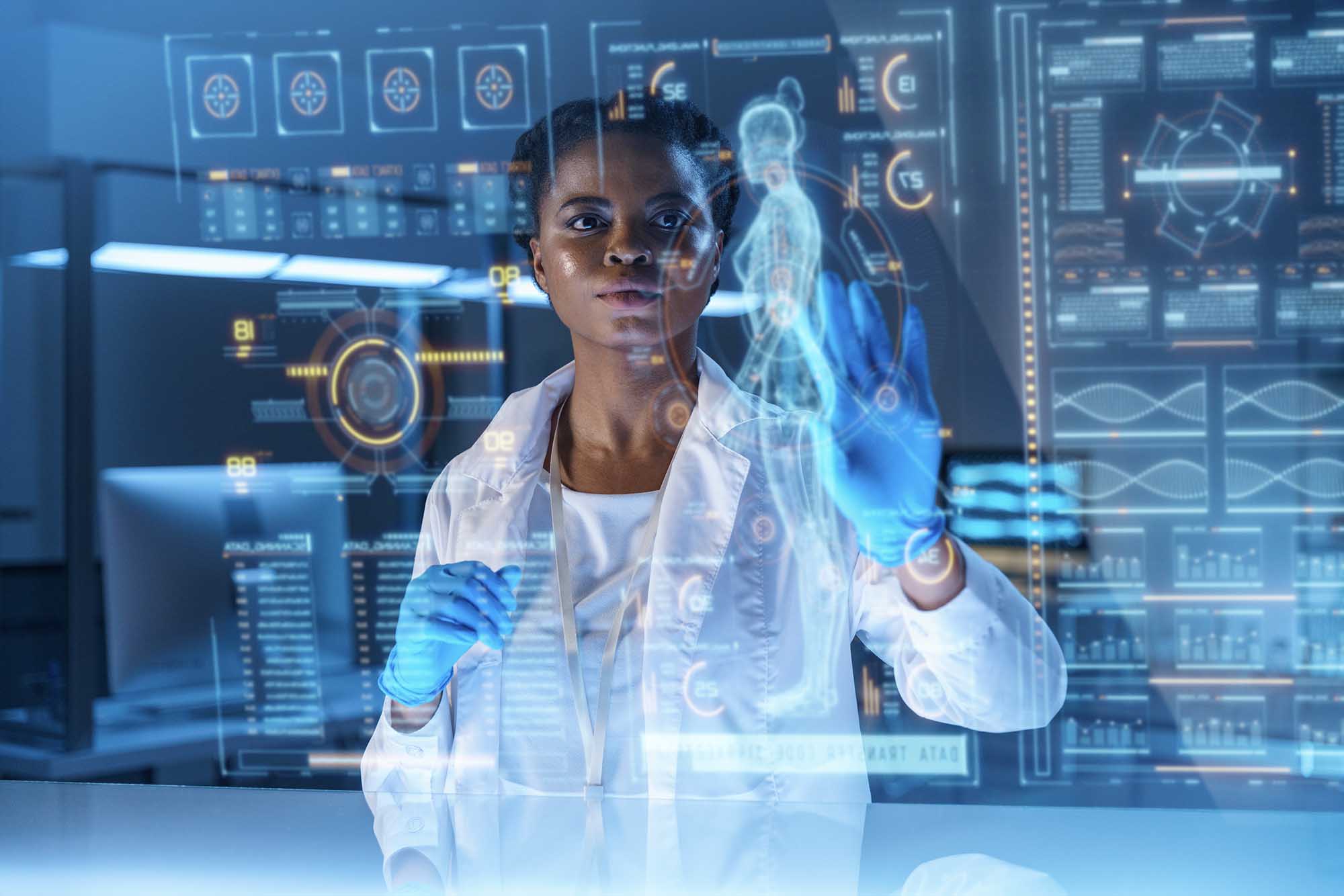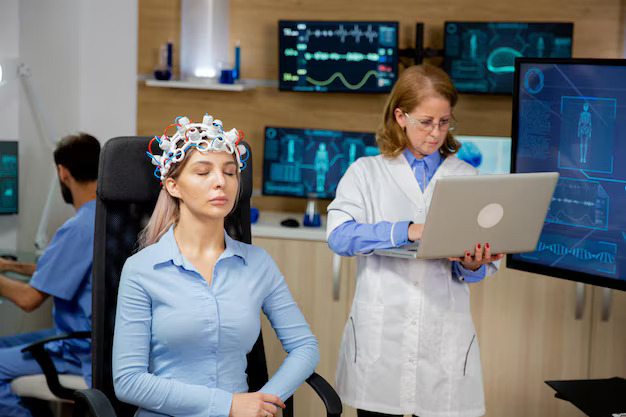The Rise of AI-Generated Content: Expert Insights on the 90% AI-Powered Web by 2025
By 2025, 90% of online content will be AI-generated, transforming creativity and business.


The digital world is entering a new era, one where Generative AI in 2025 will be the dominant force in online content creation. Experts predict that 90% of online content will be AI-generated by 2025.
This statistic represents a significant shift in how digital content is produced, consumed, and valued. However, rather than being a cause for concern, this transition presents unparalleled opportunities for creativity, efficiency, and business growth.
From automated blog posts and AI-generated movie scripts to hyper-personalized content or marketing campaigns, AI-driven content creation is revolutionizing industries across the board.
With Generative AI in 2025, businesses and individuals will leverage AI-powered tools to create faster, more engaging, and cost-effective content that was previously unimaginable.
According to AI expert Nina Schick, “I think we might reach 90% of online content generated by AI by 2025, so this technology is exponential”. This article explores the profound impact of Generative AI in 2025, the opportunities it presents, and the principles guiding its responsible implementation.
Read more on Generative AI in 2025 here: Generative AI: Breakthroughs, Perspectives, and Future Trends for 2025

The Rise of AI-Generated Content: A Technological Breakthrough
The exponential growth of Generative AI in 2025 is fueled by rapid advancements in machine learning, neural networks, and deep learning models. AI models such as ChatGPT, DALL·E, Midjourney, and Runway ML are leading this transformation, producing high-quality text, images, music, and even videos with human-like precision.
A 2024 report states that AI adoption is accelerating faster than ever, with Generative AI in 2025 expected to produce:
- 90% of all online content
- 10% of all global data, compared to less than 1% in 2024
- 50% of domain-specific AI models tailored to industries such as healthcare, education, and finance
According to McKinsey, investments in Generative AI in 2025 will surpass $2 billion, with businesses adopting AI at an unprecedented scale. This investment surge reflects the immense confidence in AI’s ability to enhance productivity and transform digital experiences.
Learn more here: Gartner’s Vision of the Top 10 Tech Trends for 2025
Why is 90% AI-Generated Content a Good Thing?
With Generative AI in 2025 playing a dominant role in content creation, many ask: "Is this the end of human creativity?" The answer is a resounding no. AI is not replacing creativity—it’s amplifying it. Here’s why:
1. AI Democratizes Content Creation
In the past, creating professional-quality content required technical expertise, financial resources, and time. Now, Generative AI in 2025 will allow anyone—regardless of skill level—to create compelling digital assets.
- Small businesses and startups can now compete with large corporations by producing high-quality marketing materials and blog posts without hiring expensive agencies.
- Independent creators, educators, and entrepreneurs will use AI to generate books, podcasts, and video content with ease.
2. Unprecedented Speed & Efficiency
AI can generate entire books, ad campaigns, or movie scripts in minutes rather than weeks. Businesses leveraging Generative AI in 2025 will:
- Save over 60% in content production costs
- Reduce content creation time by 80%
- Automate repetitive tasks, allowing humans to focus on strategic and creative work
3. Personalization at Scale
Generative AI in 2025 will make hyper-personalized content mainstream. AI-powered platforms analyze customer behavior, preferences, and historical data to deliver:
- Customized emails and social media posts tailored to individual users
- AI-generated videos and marketing campaigns optimized for different audiences
- Personalized healthcare and education solutions based on user data
Industries Revolutionized by Generative AI
AI in Hollywood: Movie-Making with Generative AI in 2025
Entertainment giants are already integrating AI into content production. CES 2024 revealed that nearly every filmmaker and artist will use AI-powered tools by 2025. AI will assist in:
- Scriptwriting: AI-generated movie scripts tailored to specific genres and audiences
- Deepfake & CGI: Enhancing visual effects, de-aging actors, and localizing content
- Automated dubbing & translations: AI-generated lip-synced dubbing for global distribution
SAG-AFTRA, Hollywood’s largest acting union, is already developing policies to protect actors’ likenesses from unauthorized AI manipulation.
Journalism & Content Marketing
Generative AI in 2025 will revolutionize digital media:
- AI-generated news articles, reports, and blog posts will be commonplace
- AI will assist journalists in fact-checking, summarizing, and editing stories
- Marketing campaigns will be dynamically optimized using AI-driven analytics
AI in Business & E-Commerce
With Generative AI in 2025, companies like Amazon, Google, and Netflix are leveraging AI for:
- Personalized product recommendations
- Automated customer service chatbots
- AI-generated advertising copy and visual design
Netflix, for example, uses AI to analyze user behavior and predict viewing preferences, increasing engagement rates by over 80%.
How Generative AI Is Transforming Journalism in 2025? Click here!

Challenges & Ethical Considerations
While Generative AI in 2025 is set to revolutionize content creation, it also introduces challenges that require thoughtful regulation and ethical considerations.
One major concern is misinformation and deepfakes, where AI-generated media can be misused to spread false narratives, manipulate public opinion, or create hyper-realistic fabricated content.
To counteract this, companies are developing AI content verification systems, such as digital watermarks and blockchain-based authentication, to enhance transparency and ensure trust in digital media. Additionally, AI-generated content raises intellectual property and ownership disputes, prompting discussions on whether creators, AI developers, or businesses should hold rights to AI-generated work.
Experts predict that by 2025, legal frameworks will emerge to define AI ownership and establish fair compensation models.
Security and privacy risks are another significant challenge as Generative AI in 2025 processes vast amounts of sensitive data. Cybercriminals are leveraging AI to develop more advanced phishing attacks, deepfake scams, and automated misinformation campaigns.
With a 42% rise in AI-driven fraud detection expected by 2026, businesses and governments are investing in AI-powered cybersecurity solutions to safeguard digital ecosystems.
Moreover, bias in AI models remains a concern, as AI can inadvertently reinforce societal inequalities if trained on biased data. To promote fair and ethical AI development, companies are implementing AI fairness auditing tools, diversifying training data, and increasing human oversight.
To address these challenges, global AI governance is evolving. Major technology companies, including OpenAI, Google, and Microsoft, are actively working on AI ethics frameworks and collaborating with policymakers to ensure responsible AI development.
The EU AI Act and similar regulations are expected to play a crucial role in enforcing ethical AI usage, transparency, and accountability.
By implementing robust regulatory frameworks and ethical guidelines, Generative AI in 2025 can be harnessed responsibly—ensuring AI remains a tool for innovation, efficiency, and human empowerment rather than a source of disruption.
The Future of Generative AI: Human & AI Collaboration
Rather than replacing human workers, Generative AI in 2025 will augment human capabilities. Experts predict that:
- 50% of businesses will adopt AI-driven workflows
- 30% of workplace decisions will be AI-assisted
- AI-human collaboration will drive the next wave of digital transformation
The real question isn’t "Will AI take over content creation?" but rather:
"How can we use AI to create even better content than ever before?"
Final Thoughts: A Future Fueled by AI Innovation
The age of Generative AI in 2025 is here. With 90% of online content set to be AI-generated, the future is about embracing AI’s potential rather than resisting it. AI will redefine content creation, personalize user experiences, and accelerate innovation in ways never before imagined.
Businesses, creators, and consumers who adapt, innovate, and leverage AI as a co-pilot will thrive in this new era of limitless possibilities.
Are you ready for the AI revolution? 🚀
Transform Your Business with AI-Driven Solutions from Makebot
Unlock the power of AI-driven solutions with Makebot! Whether you're looking to enhance your chatbot capabilities or integrate LLM-powered systems, Makebot offers cutting-edge, customizable tools to revolutionize your business. Get in touch with us today for tailored AI solutions.
📧 Inquiries: b2b@makebot.ai
Let's shape the future of AI together!

Studies Reveal Generative AI Enhances Physician-Patient Communication



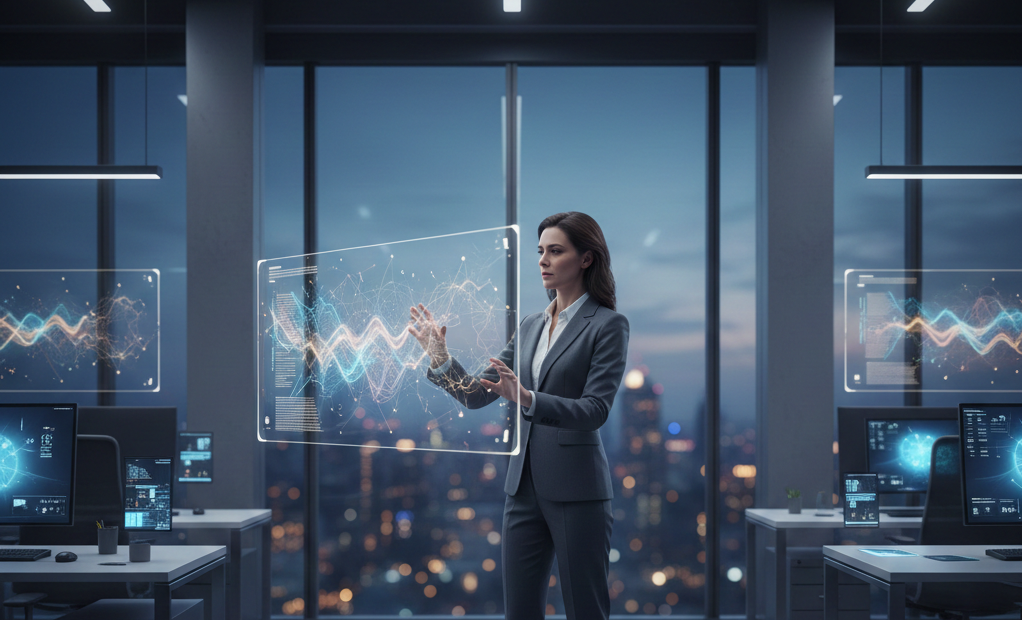

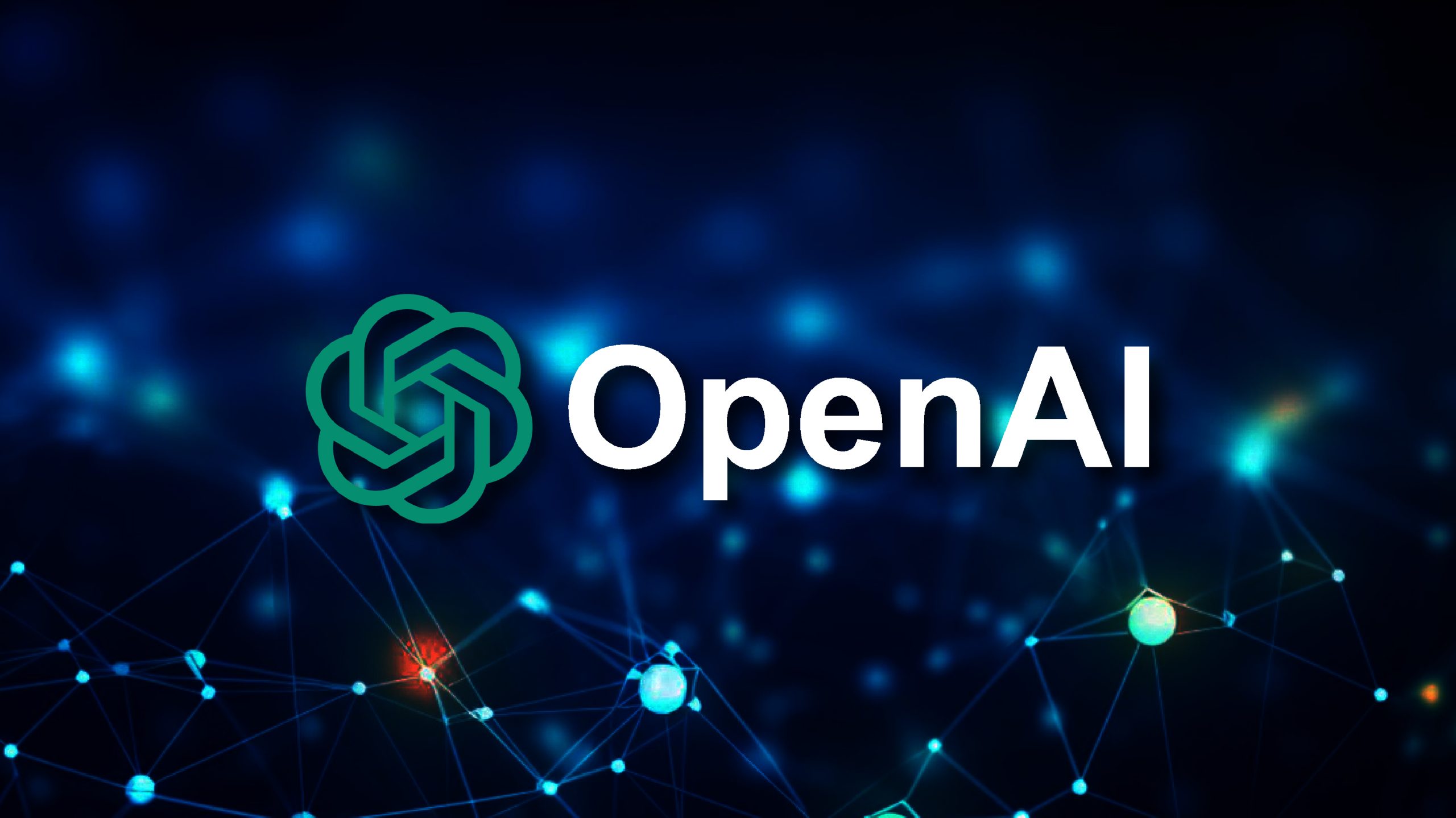



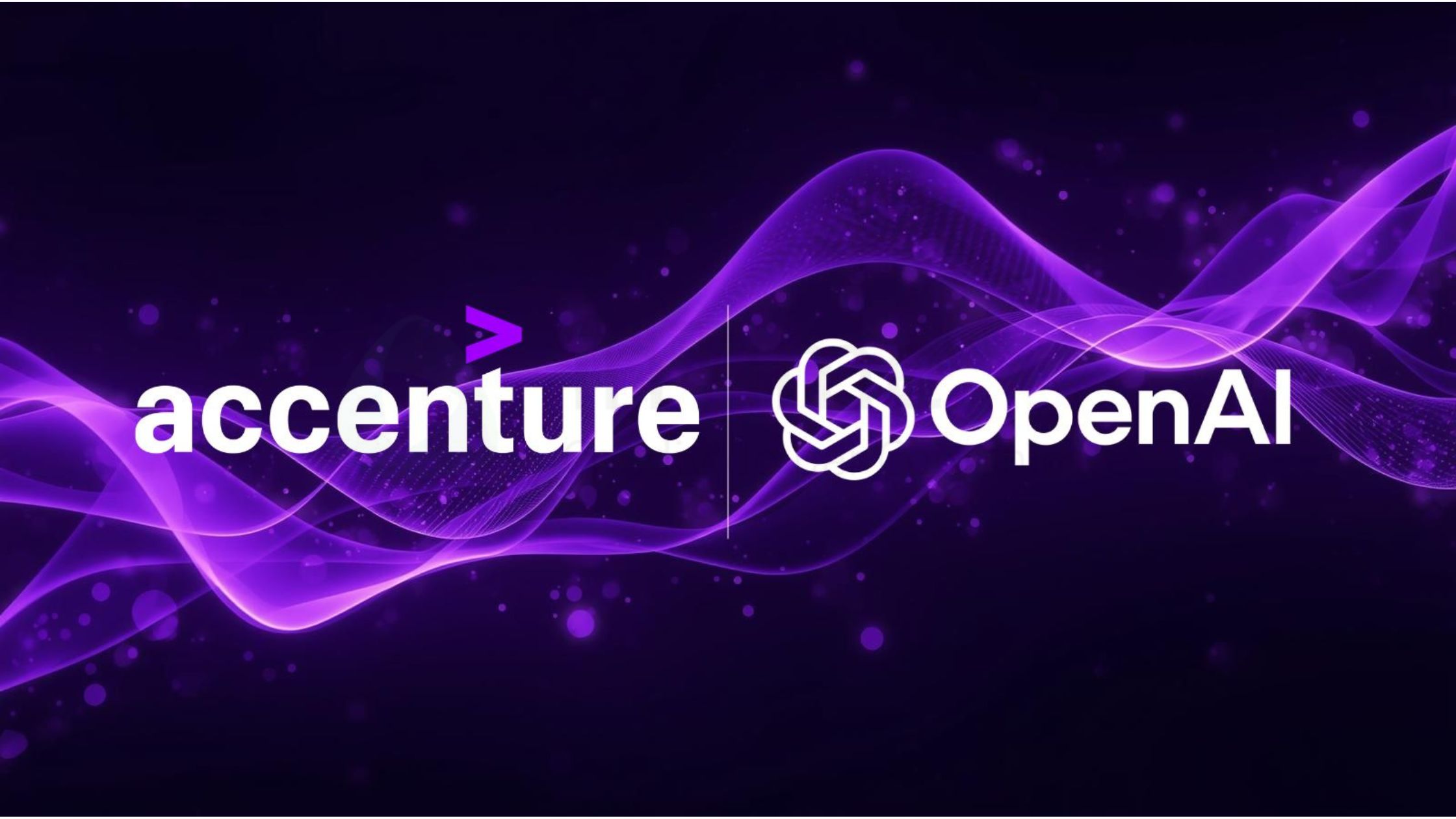
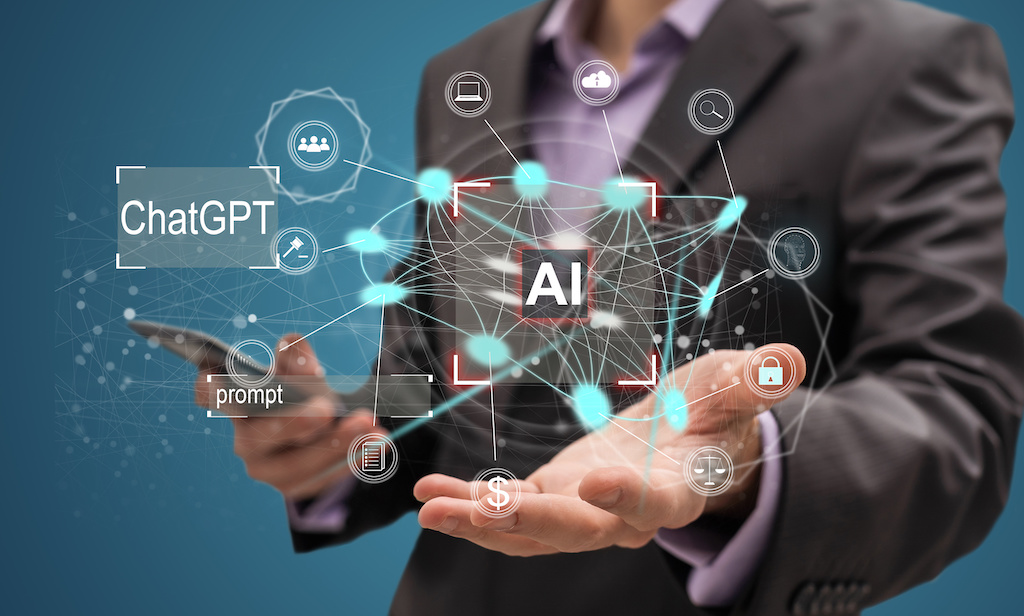
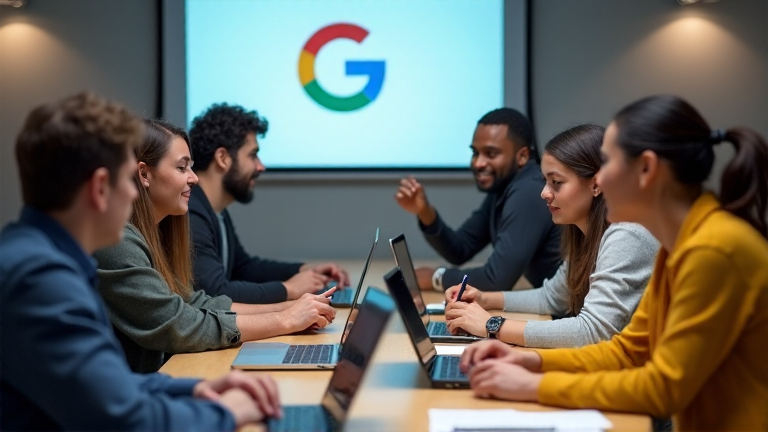

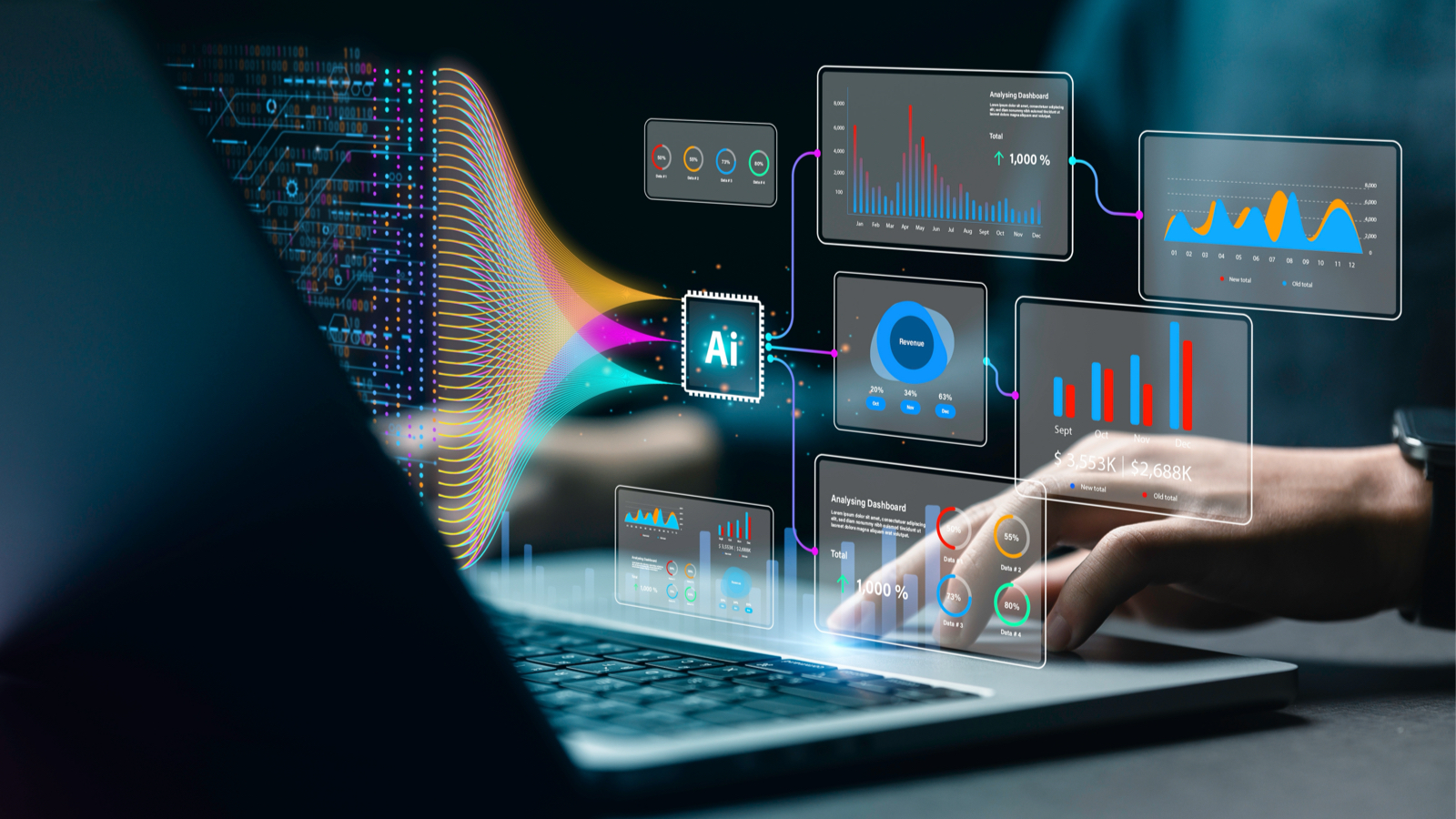






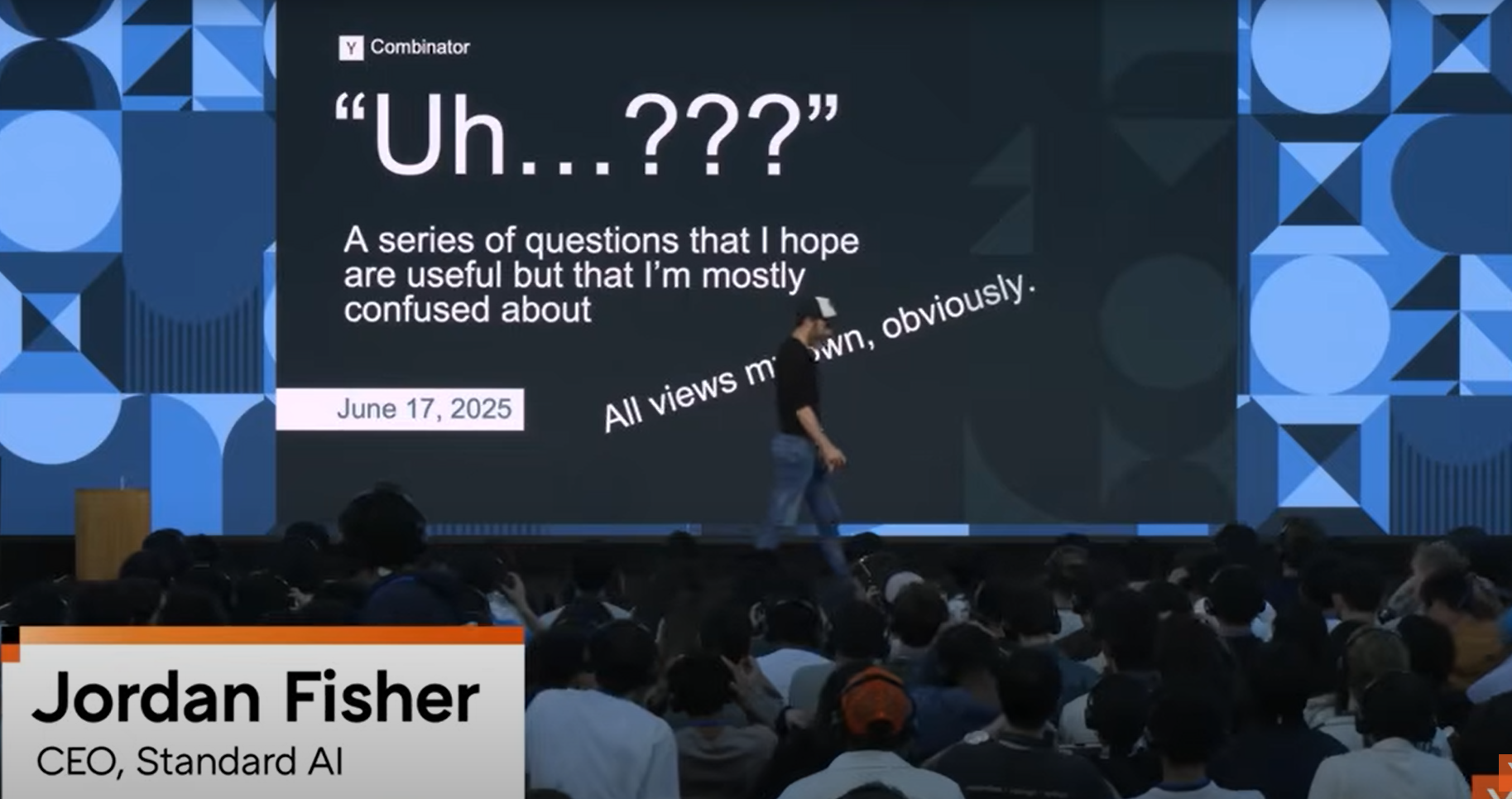










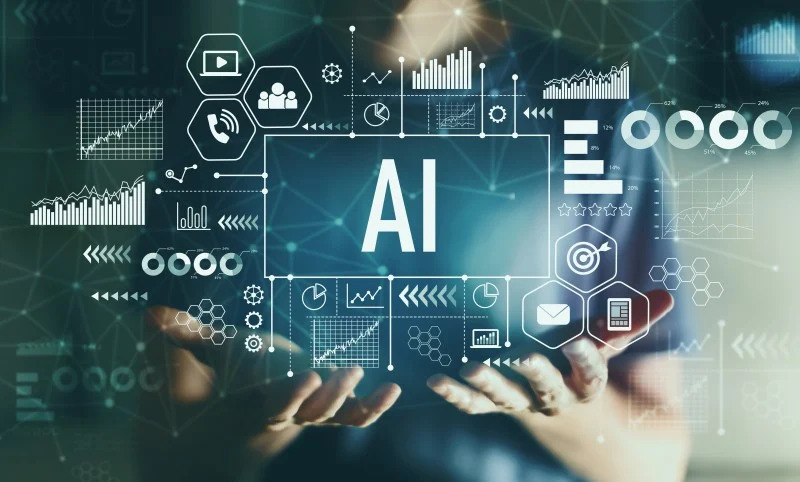
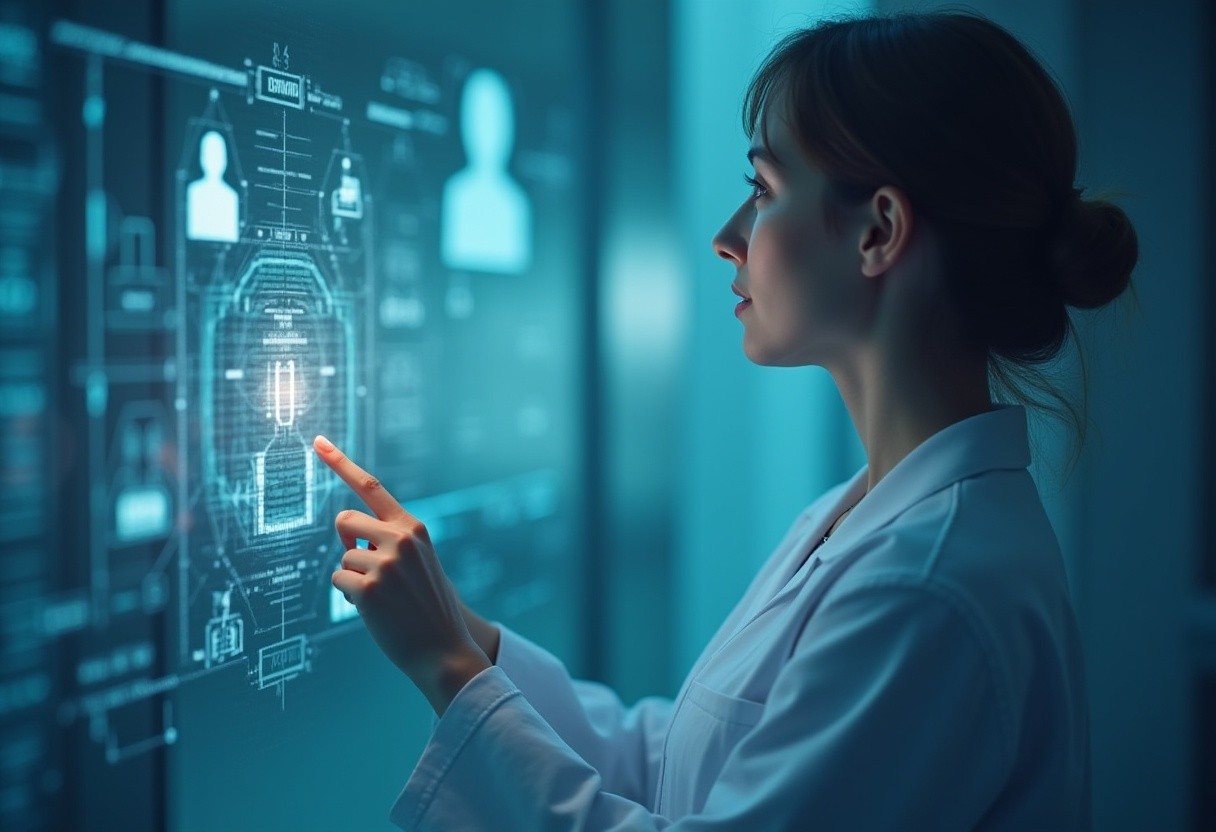
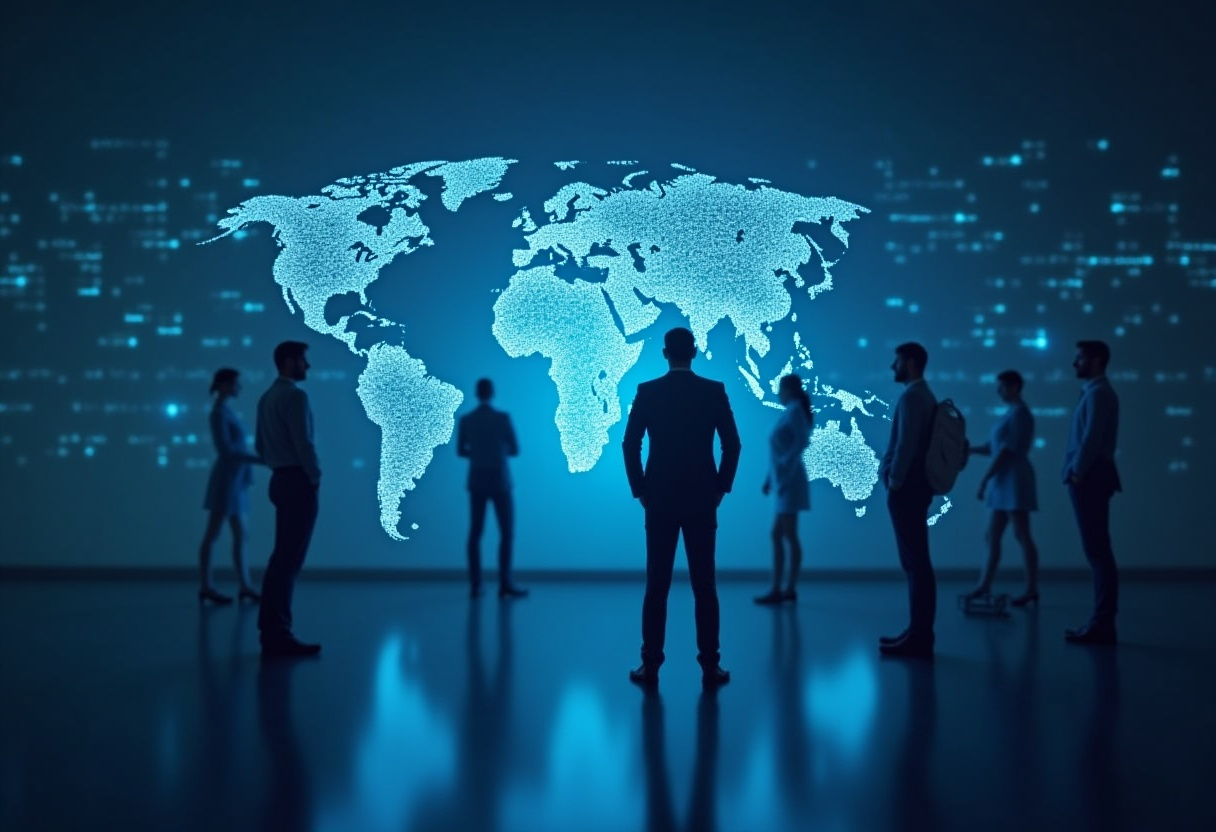

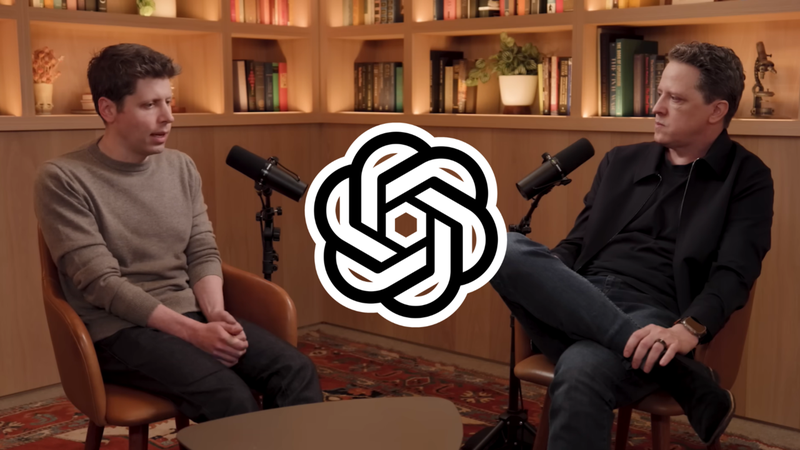





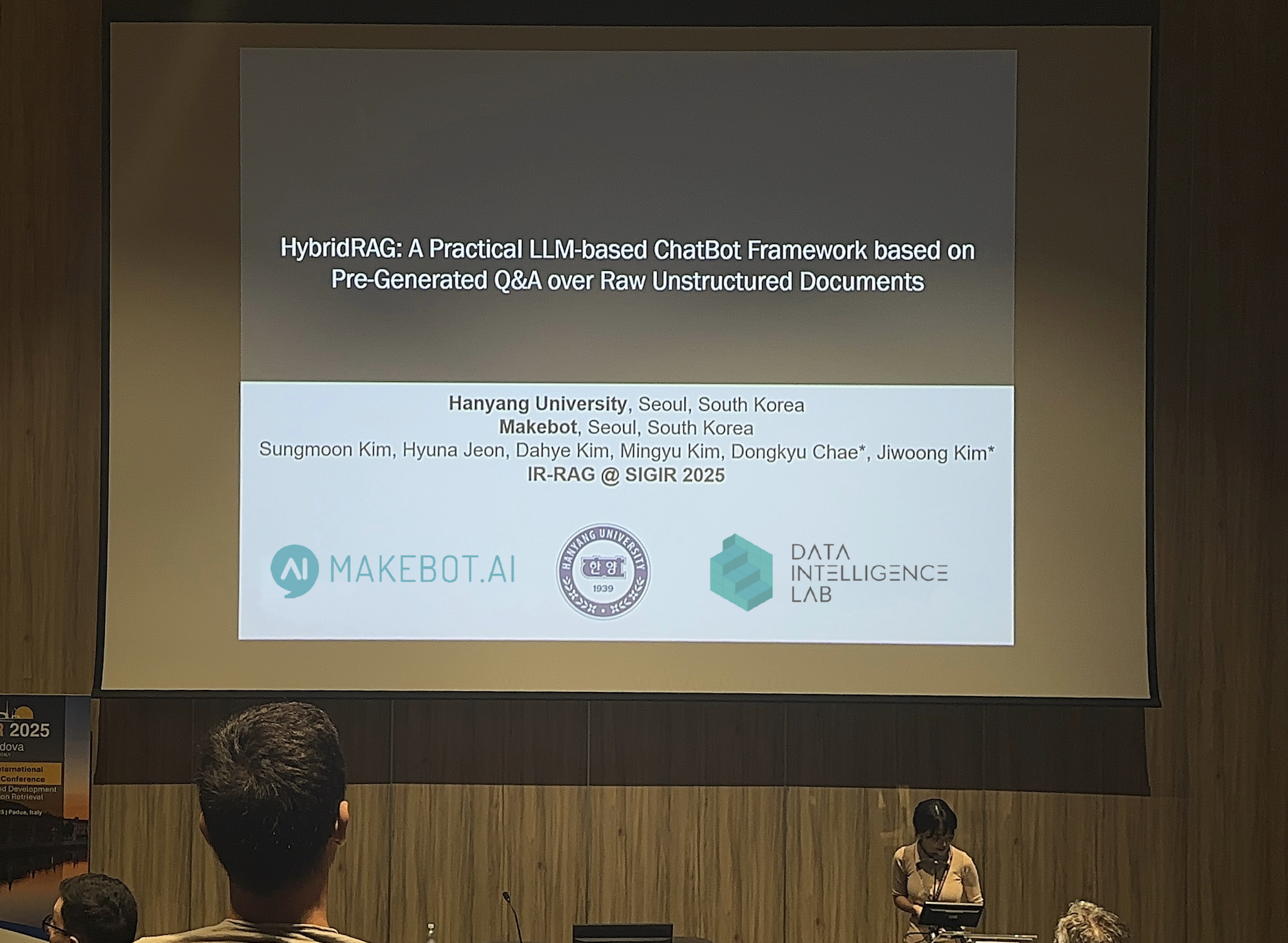









_2.png)







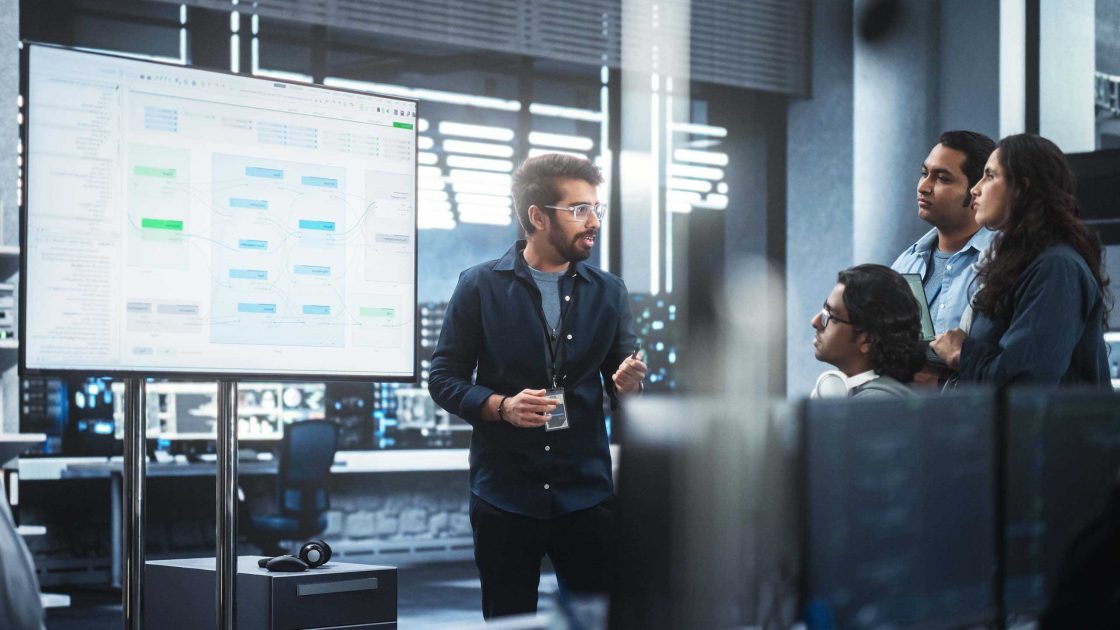




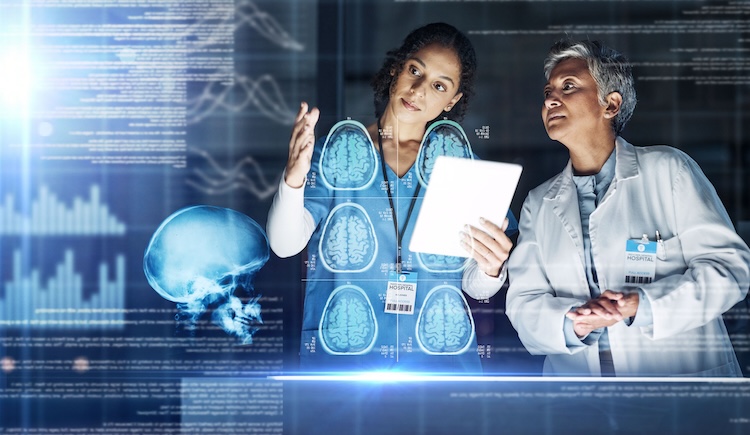





.jpg)

